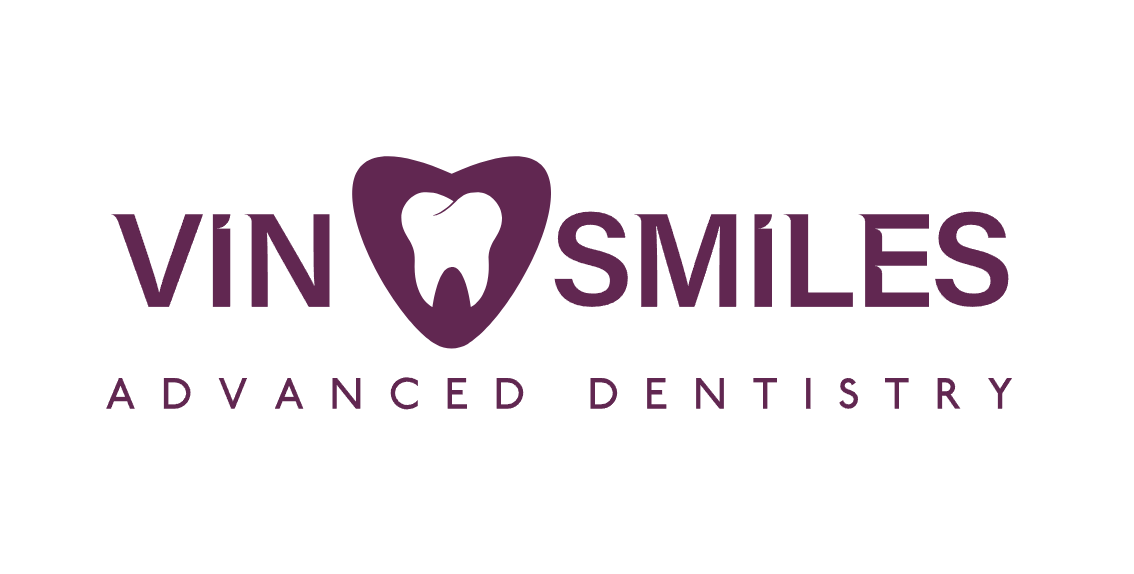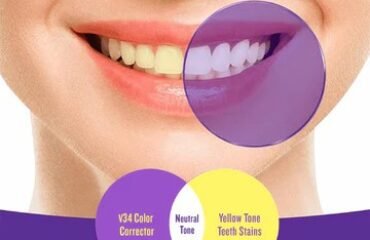 PREGNANCY INDUCED GINGIVITISPregnancy can bring extended periods of blissful serenity. Pregnancy can also present minor inconveniences. Some of those inconveniences may, if left unattended, turn into major problems. A condition that is known as pregnancy gingivitis definitely falls into the latter group.What is gingivitis?Gingivitis is a common and usually mild form of gum disease. It causes irritation, redness, and swelling (inflammation) of your gingiva. (Gingiva is the part of your gum that, when it’s healthy, provides a gumline that fits tightly and smoothly around the base of your teeth.)What causes gingivitis?The most common cause is poor oral hygiene, which encourages plaque to form on your teeth. Plaque is an invisible sticky film composed mainly of bacteria. It forms on your teeth when starches and sugars in food interact with the bacteria normally found in your mouth. Plaque requires daily removal because it reforms quickly. Dental plaque that is allowed to stay on your teeth can collect under the gum line and harden into a substance known as tartar. Tartar collects bacteria and makes plaque more difficult to remove by creating a protective shield over the bacteria. While good at-home oral care can control plaque, cleaning tartar requires attention from a dental professional.The longer plaque and tartar remain on your teeth, the more they will irritate and generate inflammation of the gums. Eventually, your gums will become swollen and bleed easily. Tooth decay may also follow. If gingivitis is left untreated, it can advance into a more serious periodontal disease known as periodontitis, ultimately leading to tooth loss.Can pregnancy cause gingivitis?Yes, it can. For reasons which remain a bit murky, between 60 – 75% of pregnant women develop gingivitis.What causes pregnancy gingivitis?The link between pregnancy and gingivitis probably stems from the surging hormonal changes (progesterone and estrogen) that accompany each pregnancy. The immune system also goes through alterations to accommodate the new, independent, and growing co-habitant.These changes increase the blood flow through the gums, which makes them more sensitive and swollen. While pregnancy gingivitis can occur anytime between the first and third trimester, it’s usually most severe during the second trimester.Gingivitis and periodontitis are linked to adverse pregnancy outcomes. These include preterm birth and low birth weight. So, whatever the etiology of poor oral health during pregnancy might be, the consequences are severe enough to require that every prenatal care plan include diligent attention to good oral hygiene.What are the symptoms of pregnancy gingivitis?The symptoms of pregnancy gingivitis are the same as non-pregnancy gingivitis:
PREGNANCY INDUCED GINGIVITISPregnancy can bring extended periods of blissful serenity. Pregnancy can also present minor inconveniences. Some of those inconveniences may, if left unattended, turn into major problems. A condition that is known as pregnancy gingivitis definitely falls into the latter group.What is gingivitis?Gingivitis is a common and usually mild form of gum disease. It causes irritation, redness, and swelling (inflammation) of your gingiva. (Gingiva is the part of your gum that, when it’s healthy, provides a gumline that fits tightly and smoothly around the base of your teeth.)What causes gingivitis?The most common cause is poor oral hygiene, which encourages plaque to form on your teeth. Plaque is an invisible sticky film composed mainly of bacteria. It forms on your teeth when starches and sugars in food interact with the bacteria normally found in your mouth. Plaque requires daily removal because it reforms quickly. Dental plaque that is allowed to stay on your teeth can collect under the gum line and harden into a substance known as tartar. Tartar collects bacteria and makes plaque more difficult to remove by creating a protective shield over the bacteria. While good at-home oral care can control plaque, cleaning tartar requires attention from a dental professional.The longer plaque and tartar remain on your teeth, the more they will irritate and generate inflammation of the gums. Eventually, your gums will become swollen and bleed easily. Tooth decay may also follow. If gingivitis is left untreated, it can advance into a more serious periodontal disease known as periodontitis, ultimately leading to tooth loss.Can pregnancy cause gingivitis?Yes, it can. For reasons which remain a bit murky, between 60 – 75% of pregnant women develop gingivitis.What causes pregnancy gingivitis?The link between pregnancy and gingivitis probably stems from the surging hormonal changes (progesterone and estrogen) that accompany each pregnancy. The immune system also goes through alterations to accommodate the new, independent, and growing co-habitant.These changes increase the blood flow through the gums, which makes them more sensitive and swollen. While pregnancy gingivitis can occur anytime between the first and third trimester, it’s usually most severe during the second trimester.Gingivitis and periodontitis are linked to adverse pregnancy outcomes. These include preterm birth and low birth weight. So, whatever the etiology of poor oral health during pregnancy might be, the consequences are severe enough to require that every prenatal care plan include diligent attention to good oral hygiene.What are the symptoms of pregnancy gingivitis?The symptoms of pregnancy gingivitis are the same as non-pregnancy gingivitis:- Red, swollen, or tender gum tissue
- Bleeding gums
- Receding gums
- Sensitive teeth
- Pain or discomfort while chewing
- Teeth that become loose or wobbly
- Bad breath
- Practice good oral health by gently but thoroughly brushing your teeth with a soft toothbrush at least twice a day.
- Use fluoride toothpaste.
- Brush for at least two minutes each time.
- Gentle flossing at least once a day is another requisite of good oral health maintenance.
- Vitamin C helps battle the bacteria that build up in and around your gums. It can be derived from several fruits or taken in supplement form.
- Vitamin A is essential in keeping tooth calcium healthy, but it can be taken in too large quantities, so adhere to the upper limits.
- Gargling with sea salt can also help reduce gingivitis inflammation.
- Eat a healthy diet! You know what we mean: fruits, vegetables, whole grains, and drinking plenty of water.
- Avoid sodas and stay away from foods that are sugary or starchy.
- After experiencing morning sickness, be sure to rinse out your mouth carefully to protect your tooth enamel.
- If gingivitis symptoms persist, promptly see your dentist. Even without gingivitis, you should be visiting your dentist at least twice a year.
- Regular dental checkups and cleanings by a professional will help eliminate gingivitis. And, pregnancy is a reason for more dental care, not less.
PREGNANCY GINGIVITIS TREATMENTS AND PREVENTION
Here are some important things to remember to prevent or treat gingivitis while you’re pregnant:- Use an anti-gingivitis toothpaste: helps reverse early signs of gum damage by neutralizing the plaque bacteria build up around your gum line. Ask your dentist if they think you should start using it before, during and after pregnancy to maintain overall oral health.
- Use an anti-gingivitis mouthwash. Multi-Protection Mouthwash, kills 99% of the bacteria that cause gingivitis.
- Floss at least once a day. Floss, slides easily between teeth and below the gum-line to remove gingivitis-causing plaque.
- Be sure to fully remove plaque. You may be missing the plaque found around the gum line, even if the plaque on your teeth has been removed. Pay special attention to these areas and consider for a toothpaste that can reach plaque around the gum line. The key to a healthy mouth is proper gum care.
- Tell your hygienist and dentist if you’re pregnant. They may recommend more frequent dental cleanings to help you avoid gingivitis.
- You may want to consider the breakthrough daily 2-step system, which provides gingivitis protection, in addition to noticeable whitening benefits*—so your smile will be beaming, just like you!




